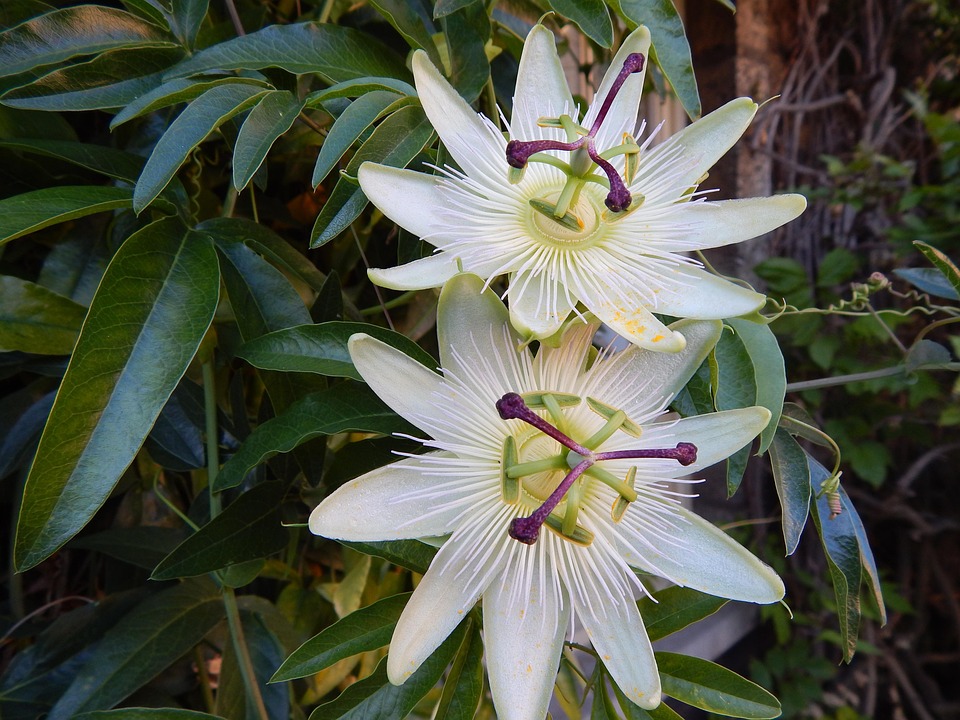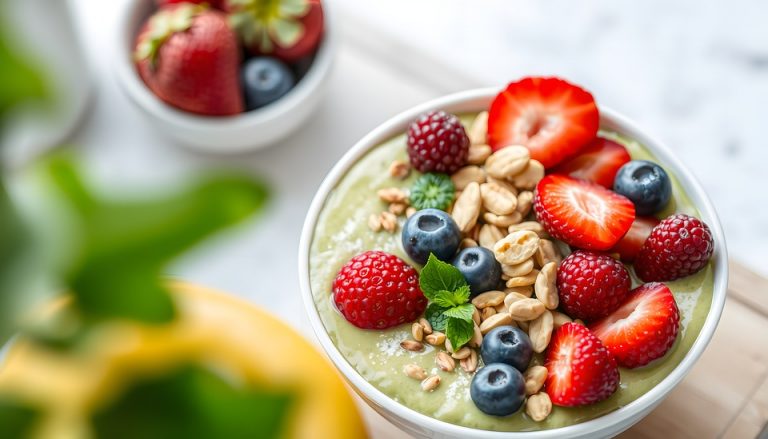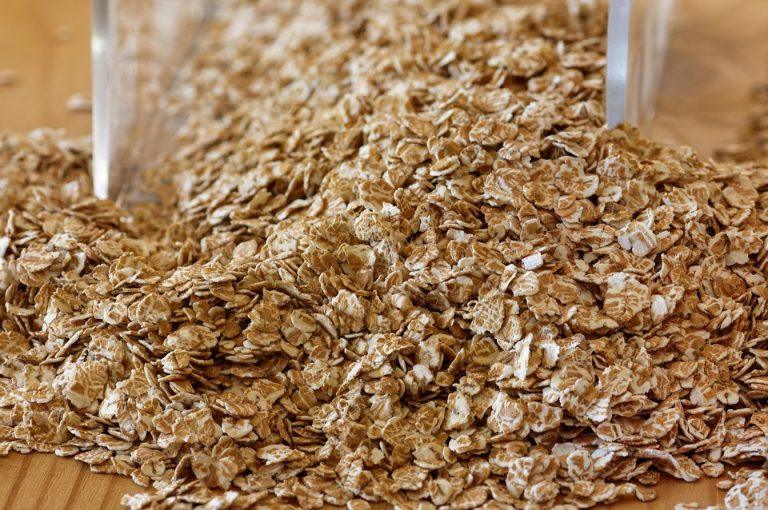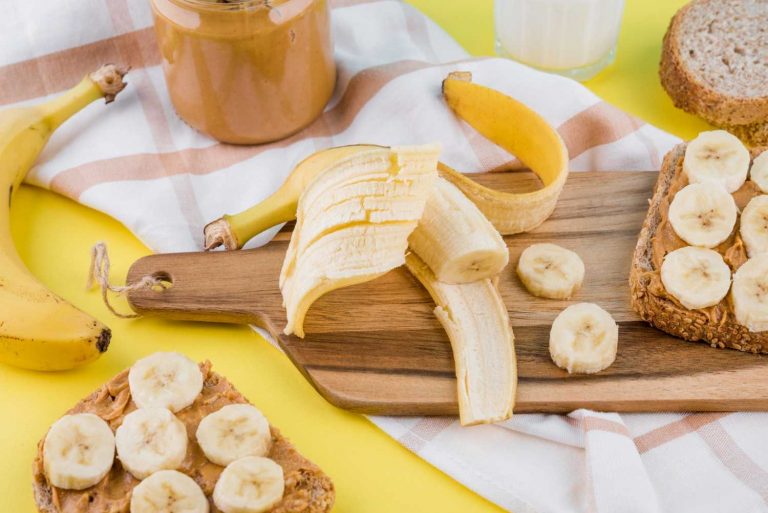Feeling overwhelmed? You’re not alone. In our fast-paced world, stress seems to be an unwelcome companion for many of us. Whether it’s work deadlines, family obligations, or just the daily grind, finding effective ways to unwind is crucial. One remedy that has gained traction in recent years is passionflower—a beautiful plant with some impressive calming properties. So, let’s dive into five calming remedies with passionflower that might just help you find your zen.
Contents
What is Passionflower?
Before we get into the remedies, let’s take a moment to understand what passionflower is. Native to the Americas, this flowering vine has been used for centuries in traditional medicine. The plant contains compounds like flavonoids and alkaloids, which are believed to have calming effects on the nervous system. Some studies even suggest that passionflower can help with anxiety and insomnia. Intrigued? You should be!
1. Passionflower Tea: A Soothing Sip
Why It Works
Nothing beats a warm cup of tea when you’re feeling frazzled. Passionflower tea is not just a delightful beverage; it’s also a natural way to calm your mind. The act of brewing and sipping tea itself can be meditative, but the addition of passionflower can enhance that relaxation.
How to Make It
To make passionflower tea, you can either use dried flowers or tea bags. Here’s a simple recipe:
- Boil water (about 1 cup).
- Add 1-2 teaspoons of dried passionflower or one tea bag.
- Let it steep for 10-15 minutes.
- Strain (if using dried flowers) and enjoy!
Pros and Cons
Pros: It’s easy to prepare, and the calming ritual of making tea can itself be therapeutic.
Cons: Some people might find the taste a bit bitter. You can always add honey or lemon to enhance the flavor.
2. Passionflower Tincture: A Quick Fix
Why It Works
If you’re looking for something a bit stronger than tea, a passionflower tincture might be your answer. Tinctures are concentrated herbal extracts that can be absorbed quickly into the bloodstream, making them a fast-acting option for stress relief.
How to Use It
Typically, tinctures come in dropper bottles. A common dosage is about 30-60 drops, taken 1-3 times per day as needed. It’s best to consult with a healthcare provider for personalized advice.
Pros and Cons
Pros: Fast-acting and potent. Perfect for those sudden waves of stress.
Cons: The taste can be quite strong, and it might not be suitable for everyone, especially those who dislike strong herbal flavors.
3. Passionflower Essential Oil: Aromatherapy Bliss
Why It Works
Aromatherapy has been used for centuries to promote relaxation, and passionflower essential oil is no exception. The calming scent can help reduce anxiety and create a peaceful atmosphere.
How to Use It
You can use passionflower essential oil in several ways:
- Diffuser: Add a few drops to your diffuser and let the calming aroma fill the room.
- Topical Application: Mix with a carrier oil and apply to pulse points for a calming effect throughout the day.
- Bath: Add a few drops to your bath for a relaxing soak.
Pros and Cons
Pros: Versatile and easy to incorporate into your routine.
Cons: Essential oils should be used with caution, especially if you have sensitive skin or allergies.
4. Passionflower Capsules: A Convenient Option
Why It Works
If you prefer a more straightforward approach, passionflower capsules are available over the counter. They provide a concentrated dose of the herb without the hassle of preparation.
How to Use It
Follow the dosage instructions on the packaging, usually around 250-500 mg taken 1-3 times daily. As always, check with a healthcare provider before starting any new supplement.
Pros and Cons
Pros: Convenient and easy to take, especially for those with busy schedules.
Cons: Some people may experience digestive discomfort, and it’s essential to ensure you’re buying from a reputable source.
5. Passionflower and Mindfulness: A Holistic Approach
Why It Works
Combining passionflower with mindfulness practices can amplify its calming effects. Mindfulness techniques, such as meditation or deep breathing, can help ground you and make the most of passionflower’s soothing properties.
How to Incorporate It
- Brew a cup of passionflower tea.
- Find a quiet space to sit comfortably.
- Focus on your breath, inhaling deeply through the nose and exhaling through the mouth.
- As you sip your tea, visualize the calming effects washing over you.
Pros and Cons
Pros: This holistic approach can enhance relaxation and mental clarity.
Cons: It may take time to feel comfortable with mindfulness practices, but the benefits can be worth it.
FAQs
1. Is passionflower safe to use?
Yes, passionflower is generally considered safe for most people when used appropriately. However, consult a healthcare provider, especially if you’re pregnant, nursing, or taking medications.
2. Can I combine passionflower with other calming herbs?
Absolutely! Passionflower can be combined with other calming herbs like chamomile or valerian root for enhanced effects. Just be cautious about dosages.
3. How long does it take for passionflower to work?
The effects can vary depending on how you consume it. Tinctures may work faster, while tea might take a bit longer to feel the calming effects.
4. Are there any side effects?
While side effects are rare, some people may experience drowsiness or digestive issues. Always start with a lower dose to see how your body reacts.
Conclusion
Finding effective remedies for stress relief can be a journey, but passionflower offers a promising solution. Whether you choose tea, tinctures, essential oils, capsules, or a holistic approach with mindfulness, there’s a method that can fit nicely into your routine. And while the science behind passionflower is still evolving, many find it a helpful ally in the battle against stress.
As always, it’s essential to listen to your body and consult with a healthcare provider before making any changes to your health routine. Remember, you’re not alone in this journey, and with the right tools, you can find your calm amidst the chaos.
References
-
Dhingra, D. (2020). Efficacy of Passionflower in Treating Anxiety: A Review. Journal of Herbal Medicine, 20, 100302. https://doi.org/10.1016/j.hermed.2020.100302
-
Mayo Clinic. (n.d.). Herbal medicine: Passionflower. Retrieved from https://www.mayoclinic.org/drugs-supplements-passionflower/art-20363689
-
National Institutes of Health. (2021). Passionflower. Retrieved from https://nccih.nih.gov/health/passionflower
-
Harvard Health Publishing. (2020). The calming effects of herbal remedies. Retrieved from https://www.health.harvard.edu/mind-and-mood/the-calming-effects-of-herbal-remedies
This article is for educational purposes only and is not a substitute for professional medical advice. Always consult a qualified healthcare provider before making changes to your health routine.
Get Your FREE Natural Health Guide!
Subscribe now and receive our exclusive ebook packed with natural health tips, practical wellness advice, and easy lifestyle changes, delivered straight to your inbox.




